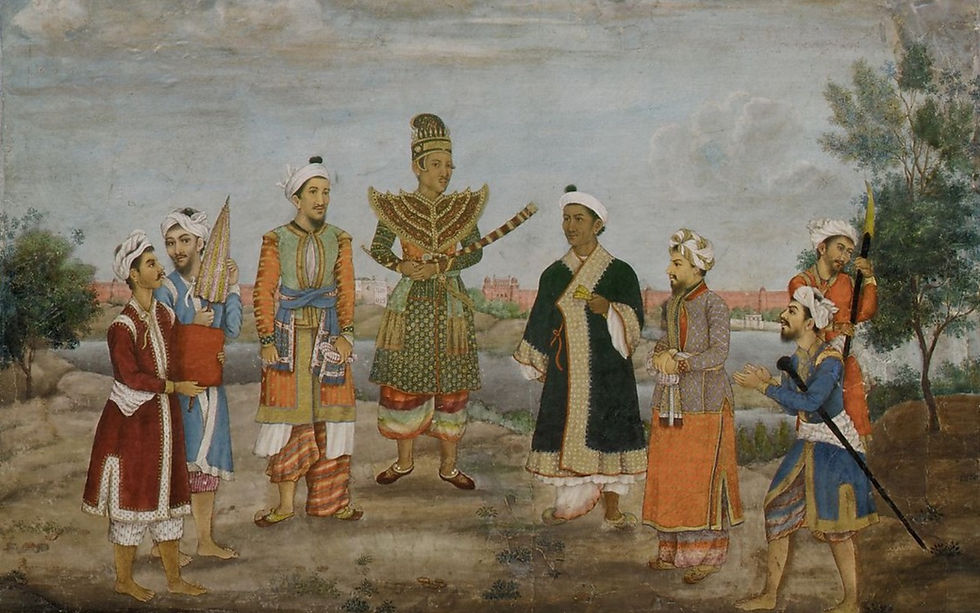Legal Theories & Globalization
- Gautam Bhatia
- May 14, 2021
- 2 min read
Updated: May 21, 2021
Legal theory is essential to legal education. Without it, law schools cannot train successful lawyers: Lawyers who can usefully advise their clients and successfully influence judges and other officials-Jules Coleman [1]
William Twining in his Montesquieu lecture [2] stated that the law as we know it, is a product of domestic factors and foreign influences including but not limited to colonization, linguistic, religion, etc. that are interdependent and/or related. Law must be read global level as it is reflective [3] and reactive. It not only facilitates globalization but also is a response to its effect to regulate at each stage of development. Law cannot be understood solely through precedents. The ratio-decidendi of these precedents contain legal principles which source from domestic, foreign practice, and ultimately legal theories like punishment, poverty, guilt, intent, etc. Due to a lack of complete data, it is altogether important to view law from a global perspective as much like business practices, law is also transnational. An example of this is the Constitution of India, it owes its origins to concepts adopted from the American & Irish constitutions that have their origin in legal theories like duty of citizen to state, double jeopardy, etc.
He also stated that the age-old method and practice of studying comparative law needs to be modernized to incorporate a wider look at legal theories from global perspective as they help us to understand the origin of concepts, doctrines and legal maxims and analyze them by studying various legal theories from federal, European, and common law legal systems. This shall assist lawyers to highlight any inconsistencies that may arise due to a difference in thought, practice, or legal system. This comparative analysis can then be elevated to legal harmonization when the above as read together in the way they were intended and how cohesively they are read together as its main function is internal critique to give perspective, especially in the case of specialized fields that need regulation. For example-Before Iridium India Telecom Limited v. Motorola Inc. [4], the law on reverse piercing of corporate veil was vague and in the deliberations of cases preceding and succeeding the above, counsels had pitched many legal theories of separation of corporate identity from different legal systems and countries which have been given due weightage by the court and decisions were passed accordingly. The same applies to white papers and calling of opinions in specialized fields like cryptocurrency, cloud components and social security where the government/authority has called for views from private think tanks, industry experts, etc. who base their opinions around global legal practice, theory, and impact of proposed legislation.
In summation, before country specific law is taught, lawyers must be made aware of legal theory to strengthen their fundamentals of universally accepted legal principles as the genesis of jurisprudence and best practice lie within them.
[1] Legal Theory & Practice, 83 Geo L.J. 2579 1994-1995.
[2] Draft 12/10, 2009.
[3] Bradley. C, Globalization of Globalization & Legal Theory by William Twining, 31 U. Miami Inter-Am. L. Rev. 463 (2000).
[4] [2012] Supreme Court of India 5 SCC 661.
Art: "Two Lawyers Conversing" by Honoré Daumier.




Comments